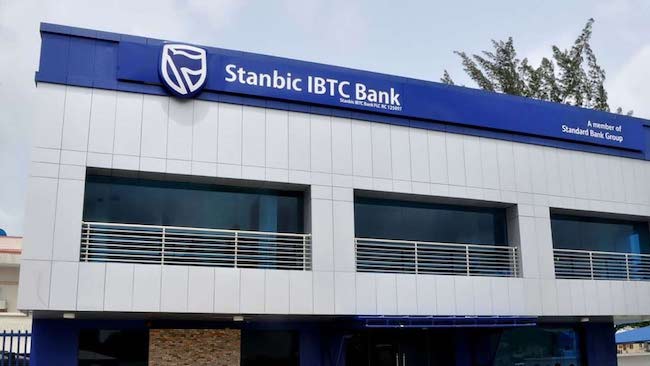Business
New Stanbic report says employment went up, new businesses emerged after fuel subsidy removal

The impact of fuel subsidy removal on the cost of operations didn’t stop the increase in employment and new businesses in Nigeria, a new report has shown.
According to the Stanbic IBTC Purchasing Managers’ IndexTM (PMI) report for the month of June, prices skyrocketed in response to the end of subsidies on fuel.
The report disclosed that companies mitigated the inflation driven by the removal of subsidies by passing the extra cost of the operation to customers.
“While overall business conditions remained on a positive trajectory, firms faced a much stronger inflationary environment at the end of the second quarter of the year, linked to the removal of the fuel subsidy.
“Purchase prices increased at the fastest pace since last August, while the rate of selling price inflation accelerated sharply to the steepest in the year-to-date as firms passed higher costs on to their customers,” the PMI report reads.
The PMI further stated that the increased prices didn’t stop orders from rising, although marginally, leading to companies increasing employment modestly as well.
“Issues around the ending of the fuel subsidy also acted to limit the pace of output growth, according to respondents, although activity was still up markedly in the latest survey period.
READ ALSO:Stanbic IBTC grows net profit by N16.66bn, electronic transaction hits N958m
“Output has now risen in each of the past three months amid higher customer numbers and growth of new orders. Wholesale & retail bucked the wider trend and posted a drop in activity. New business was also up for the third successive month.
“The rate of expansion was marked, albeit the softest in the current sequence of growth. Higher new orders encouraged firms to expand employment for the second month running, although the pace of job creation was again only modest,” the report noted.
Rating the business environment last month, the PMI said it scored the private sector 53.2, compared to 54.0 in May. Note that rating above 50.0 signals an improvement in business conditions in the previous month, while a rating below 50.0 shows a deterioration.
Despite the dip in the rating, the PMI said the reading signalled a solid monthly improvement in the health of Nigeria’s private sector.
Furthermore, the report disclosed: “Despite increasing staffing levels, firms recorded a build-up of backlogs of work, due to an expansion in new business and some difficulties securing inputs. Some companies reported having brought forward purchasing and expanded inventories ahead of predicted increases in the costs of materials in the months ahead.
“This, allied with increasing workloads, meant that stocks of purchases were accumulated to the largest degree in eight months.”
Meanwhile, the PMI said business confidence dropped to the second-lowest on record in June and was only fractionally above last November’s nadir, but companies remained optimistic that output will increase over the coming year due to investment, business expansion plans, and proposed marketing drives.
Join the conversation
Opinions
Support Ripples Nigeria, hold up solutions journalism
Balanced, fearless journalism driven by data comes at huge financial costs.
As a media platform, we hold leadership accountable and will not trade the right to press freedom and free speech for a piece of cake.
If you like what we do, and are ready to uphold solutions journalism, kindly donate to the Ripples Nigeria cause.
Your support would help to ensure that citizens and institutions continue to have free access to credible and reliable information for societal development.